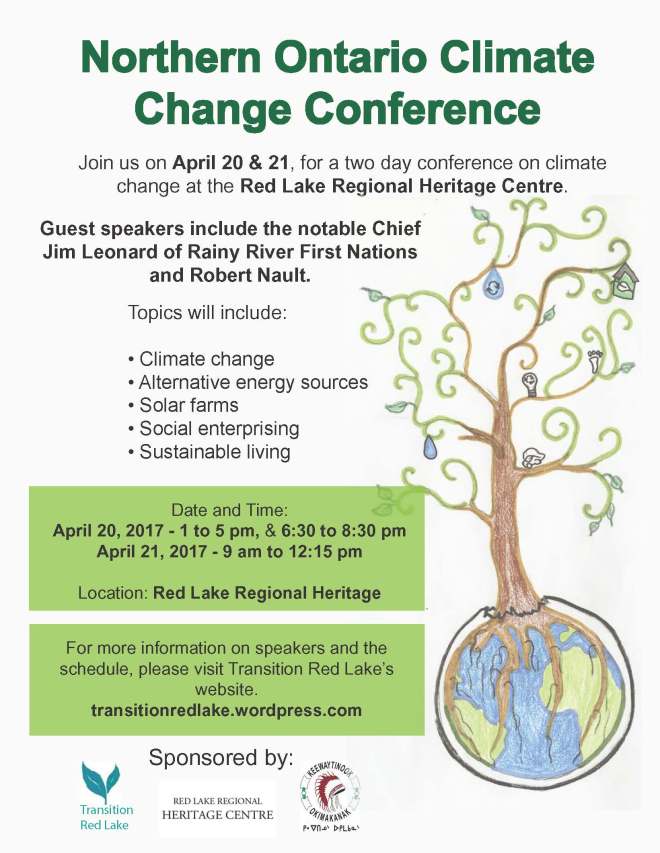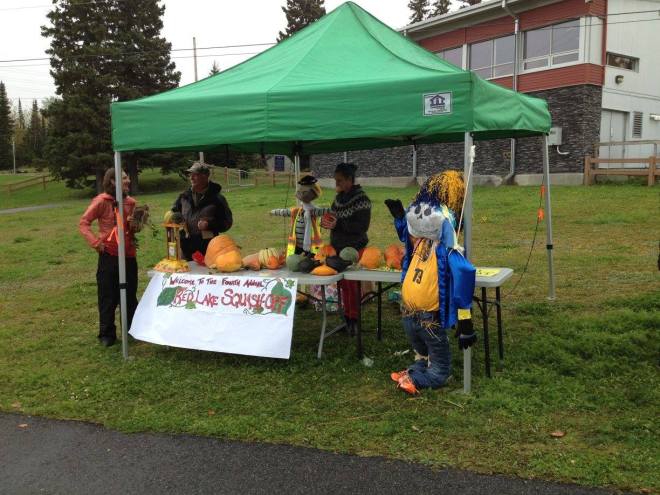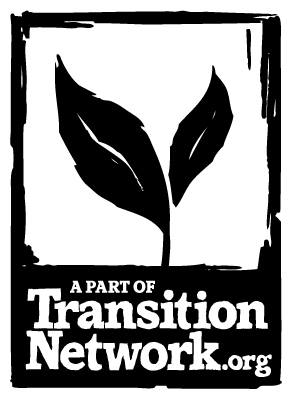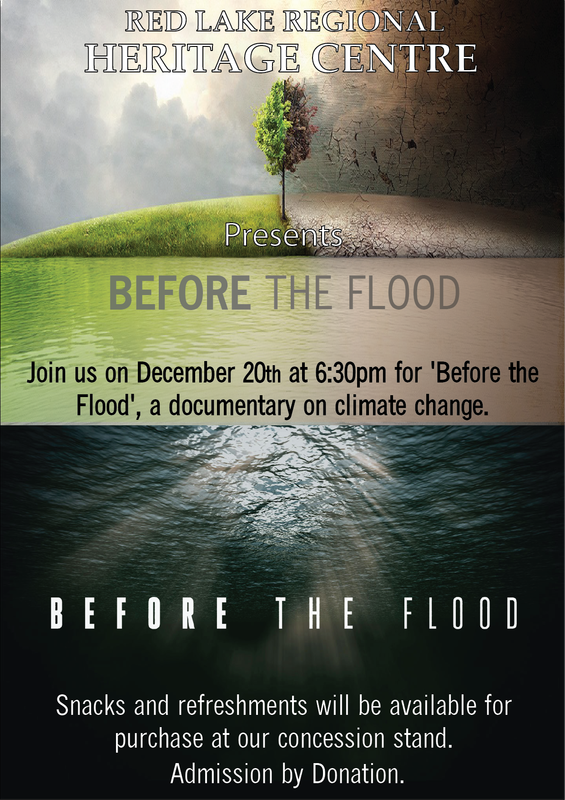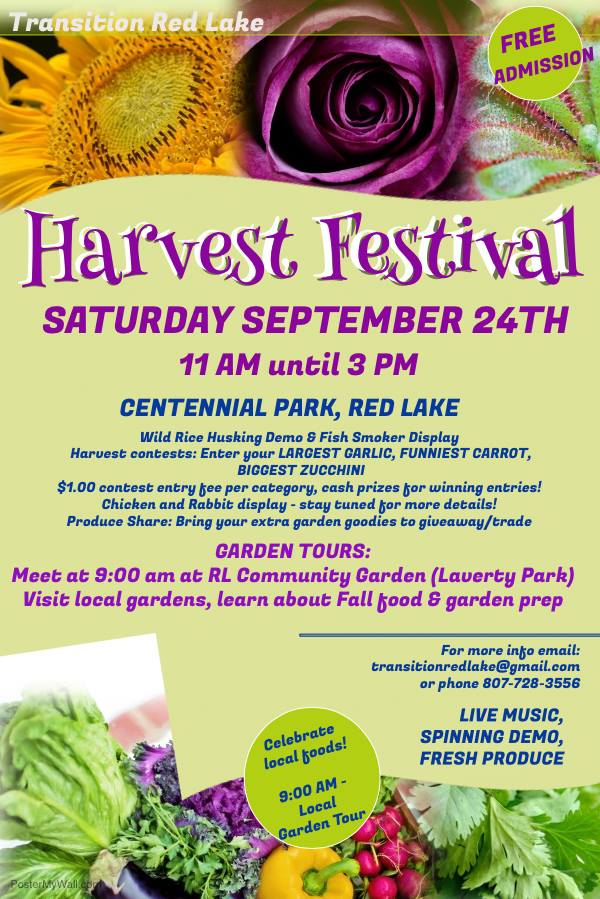Transition Red Lake is a group of local people working towards increasing our community’s capacity to look after ourselves, our land, and our water.
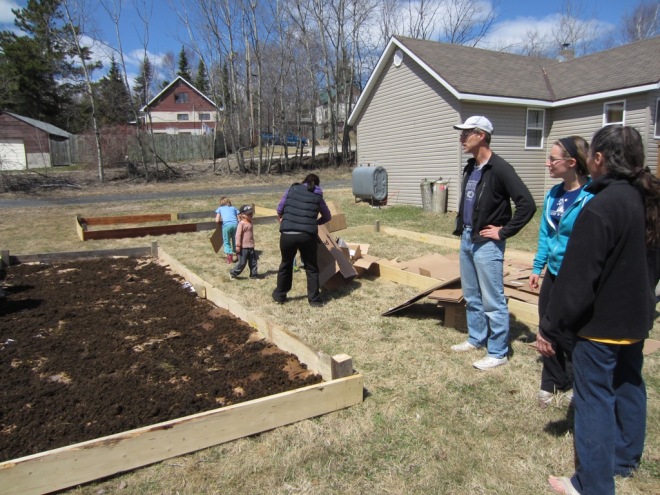
Permablitz. Spring 2013
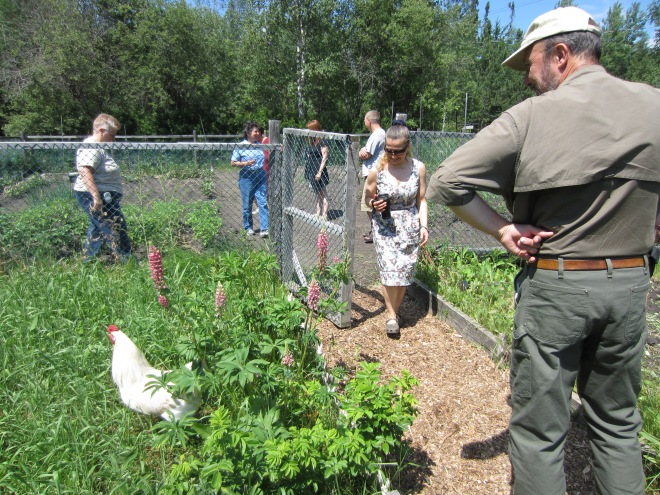
Gardening tours, 2012

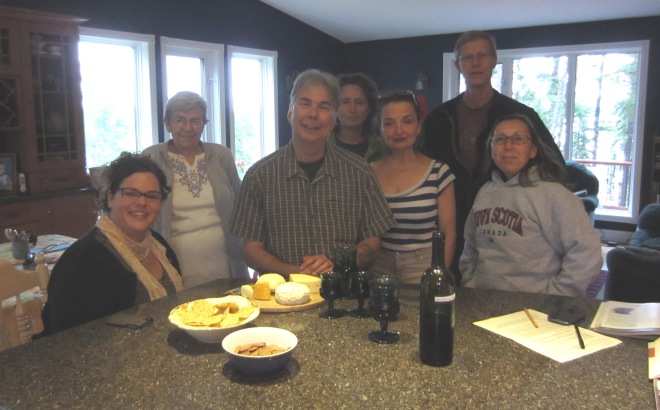
Cheese -making workshop
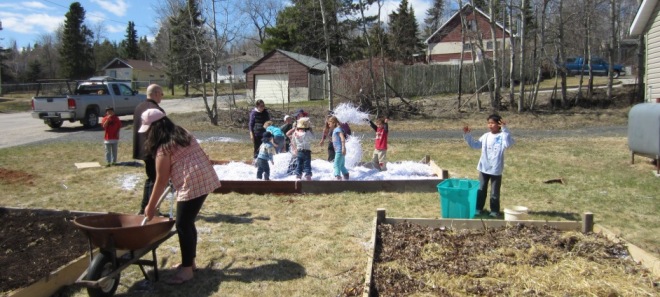
Permablitz. 2013
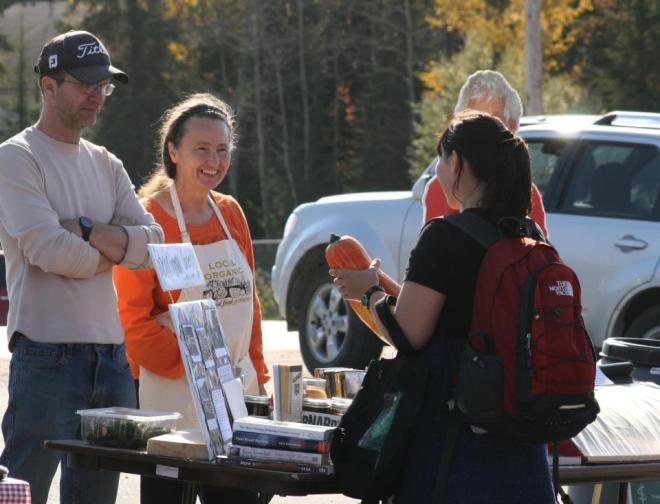
Farmer’s Market Photo: Lindsay Briscoe
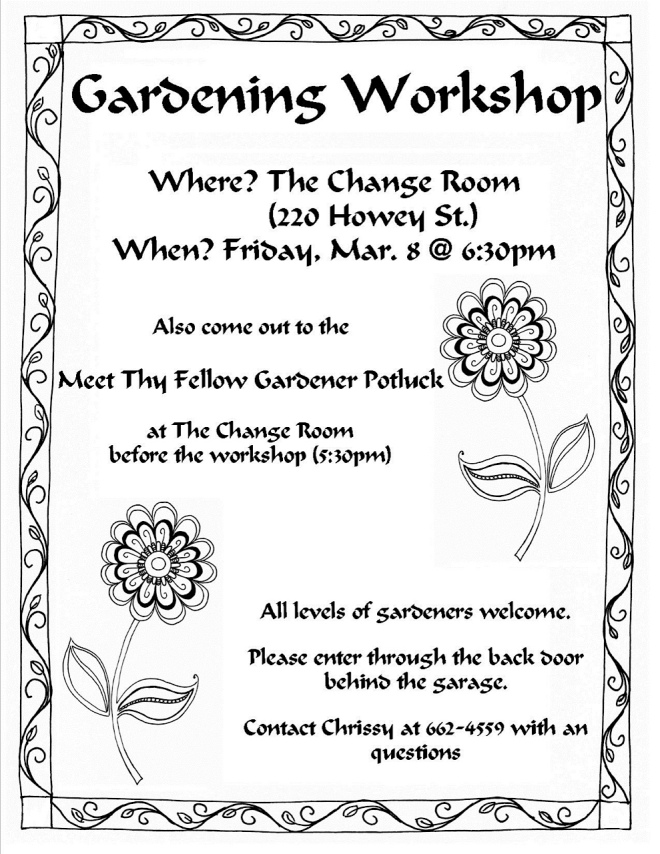
Gardening Workshop
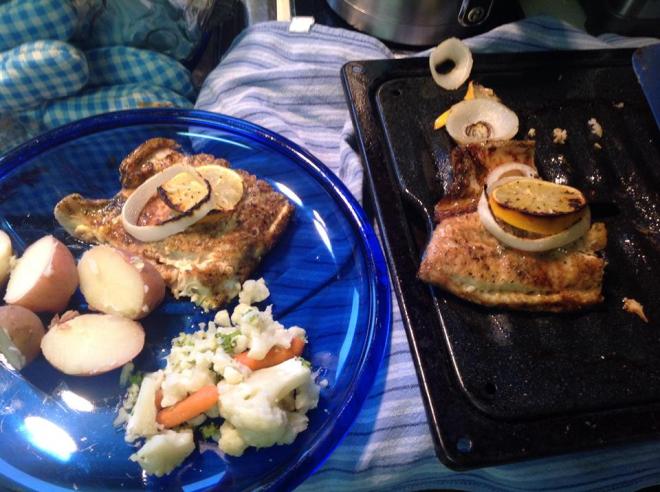
Fresh fish at the Community Kitchen
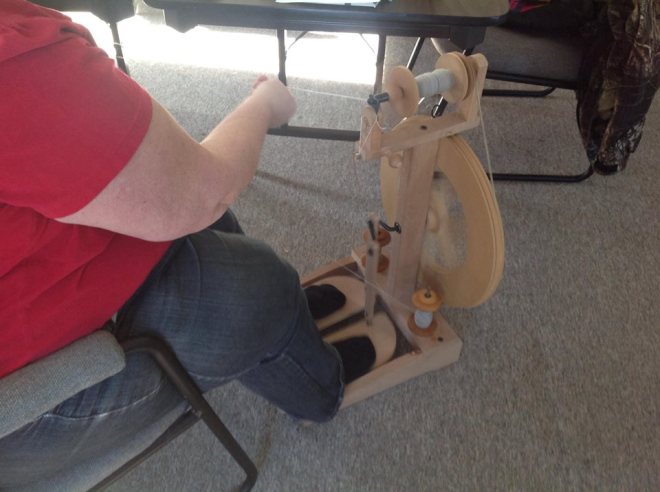
Spinning at the Community Kitchen
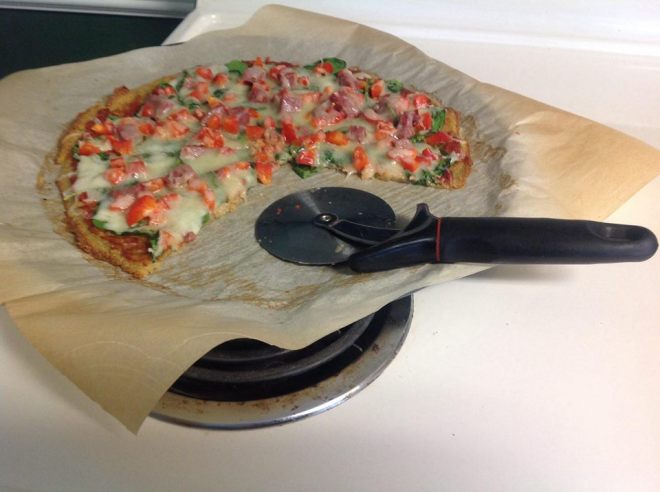
Quinoa crust pizza baked at Community Kitchen
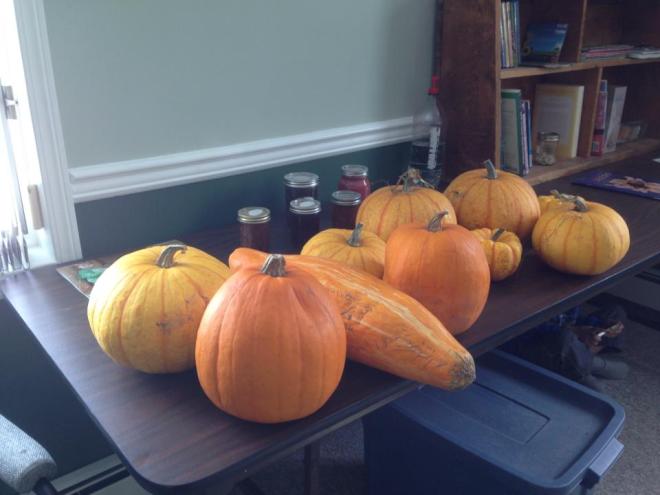
Red Lake grown squash and pumpkin from heritage seeds
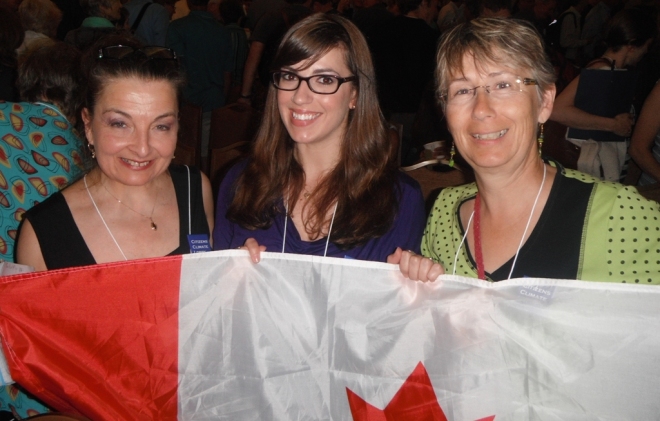
In Washington to lobby for a price on carbon pollution. June 2014
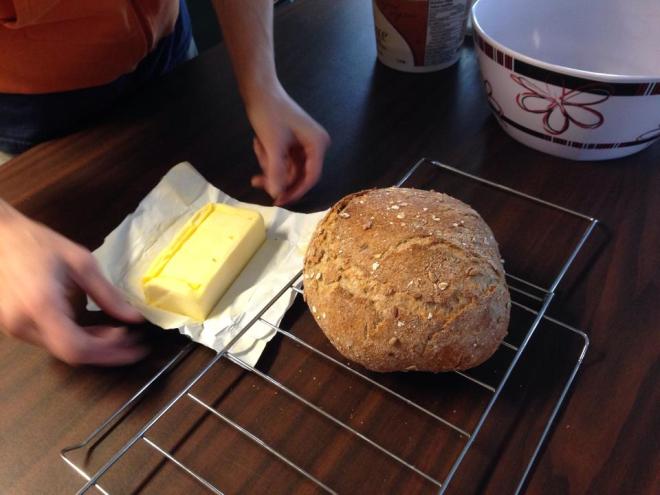
Artisanal bread a the Community Kitchen
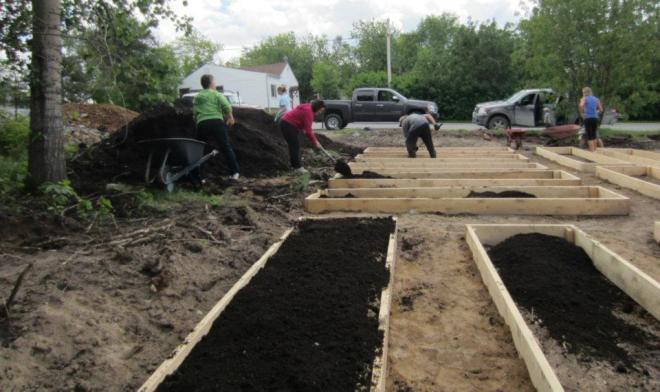
Cochenour Community Garden goes in
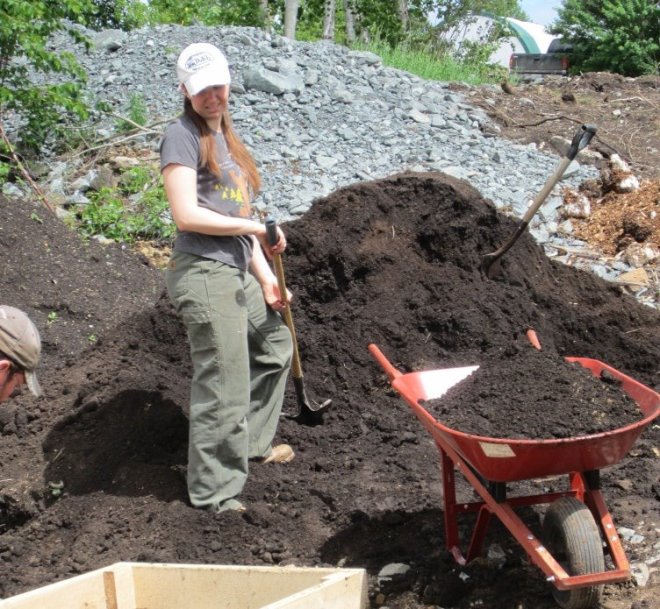
Putting in the Cochenour Community Garden
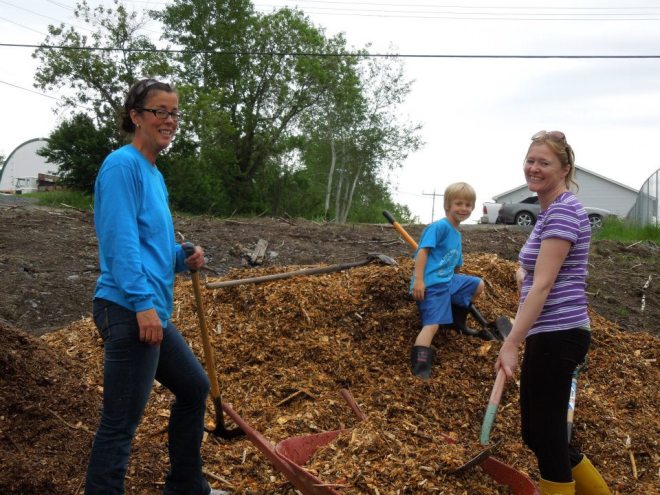
Cochenour community members come out to create their community garden
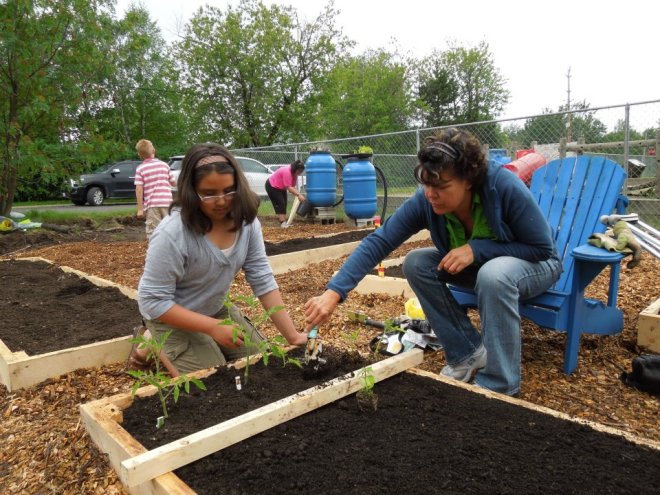
Cochenour Community Garden. Summer. 2013
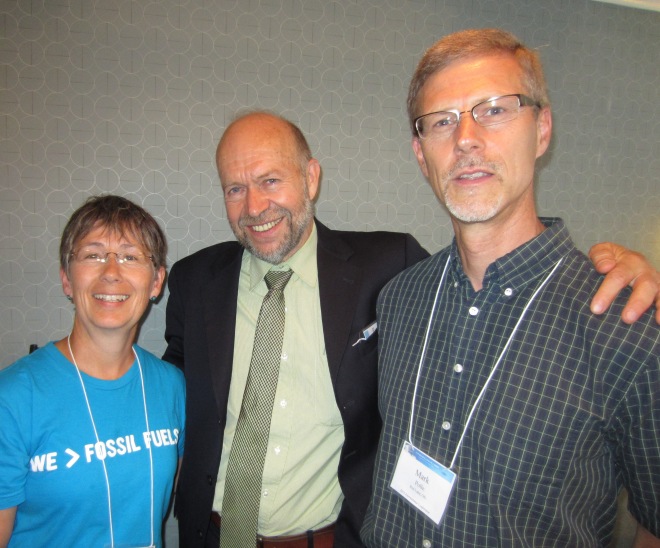
Meeting Dr James Hansen at Citizens’ Climate Lobby Conference, Washington DC
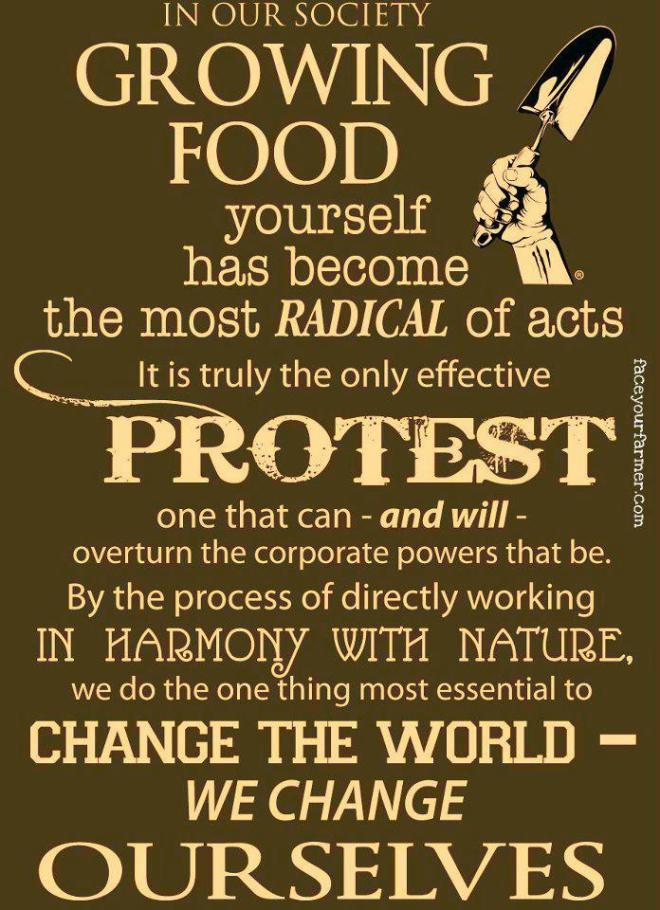
***************************************
Why Transition Red Lake?
There’s a grassroots movement sweeping the globe called the Transition Network. In 2006, the first Transition community was born in the small town in Totnes, U.K (population 7,500). People in this south England resort town acted on the knowledge that more and more people are recognizing – the cost of growing food and running our economy on fossil fuels doesn’t just impact our wallets, it impacts the stability of our climate as well as our access to clean air and water. The people of Totnes decided not to wait for their local or national governments to act on these threats, and created Transition Totnes to make their community more resilient in these uncertain times. Totnes, and other Transition towns, aim to “strengthen the local economy, reduce the cost of living, and prepare for a future with less oil and a changing climate”.
Resiliency is the capacity of a system, person, or community to withstand stress and catastrophe. Resilience contrasts with brittleness – the tendency to shatter or lose function when impacted or stressed. The Transition movement is about exploring and developing ways to strengthen our communities from within in order to reduce our vulnerability and increase our ability to respond, survive and prosper.
The Transition movement recognizes that our industrial society has lost the resilience to be able to cope with energy shocks (remember the scramble for gas and food during the unexpected power outage in October 2013 in Red Lake?). Other principles undergirding the Transition Movement (from The Transition Companion by Rob Hopkins) are that :
- Human beings have demonstrated great ingenuity and intelligence as we raced up the energy curve over the last 150 years. There’s no reason we can’t use those qualities as we negotiate our way up from the depths towards the sun and air.
- We have to act together, now, to respond to the challenges of climate change and peak oil, as well as economic uncertainty.
- If we plan and act early enough, and use our creativity and cooperation to unleash the genius within our local communities, we can build a future far more fulfilling and enriching, more connected to and more gentle on the Earth, than the life we have today.
The Transition movement encourages us to view the coming changes away from oil dependency and high-carbon living not as a movement away from something, but rather a push towards something:
“A push towards clean air, sunshine, beauty, rediscovering each other; community and celebration. This is a key shift in our perception. The difference between change that feels like being torn away from something and change that feels like moving towards something is huge. This is the approach Transition takes. It suggests that collective intentional transition could lead us to a far better place than where we are today. Who’s to say that the world we see today is the best we could ever do?” (Rob Hopkins, The Transition Companion)
Transition Red Lake is here! If you want to get connected and start moving towards a positive future, email us at redlakemcp@gmail.com, sign up to receive updates (see box on right) or ask to join the Red Lake Let’s Eat Local Facebook page.
*******************************
Transition Red Lake: Inspiring, Encouraging, Connecting, Supporting, and Training to Rebuild Community Resilience and Reduce CO2 emissions.
